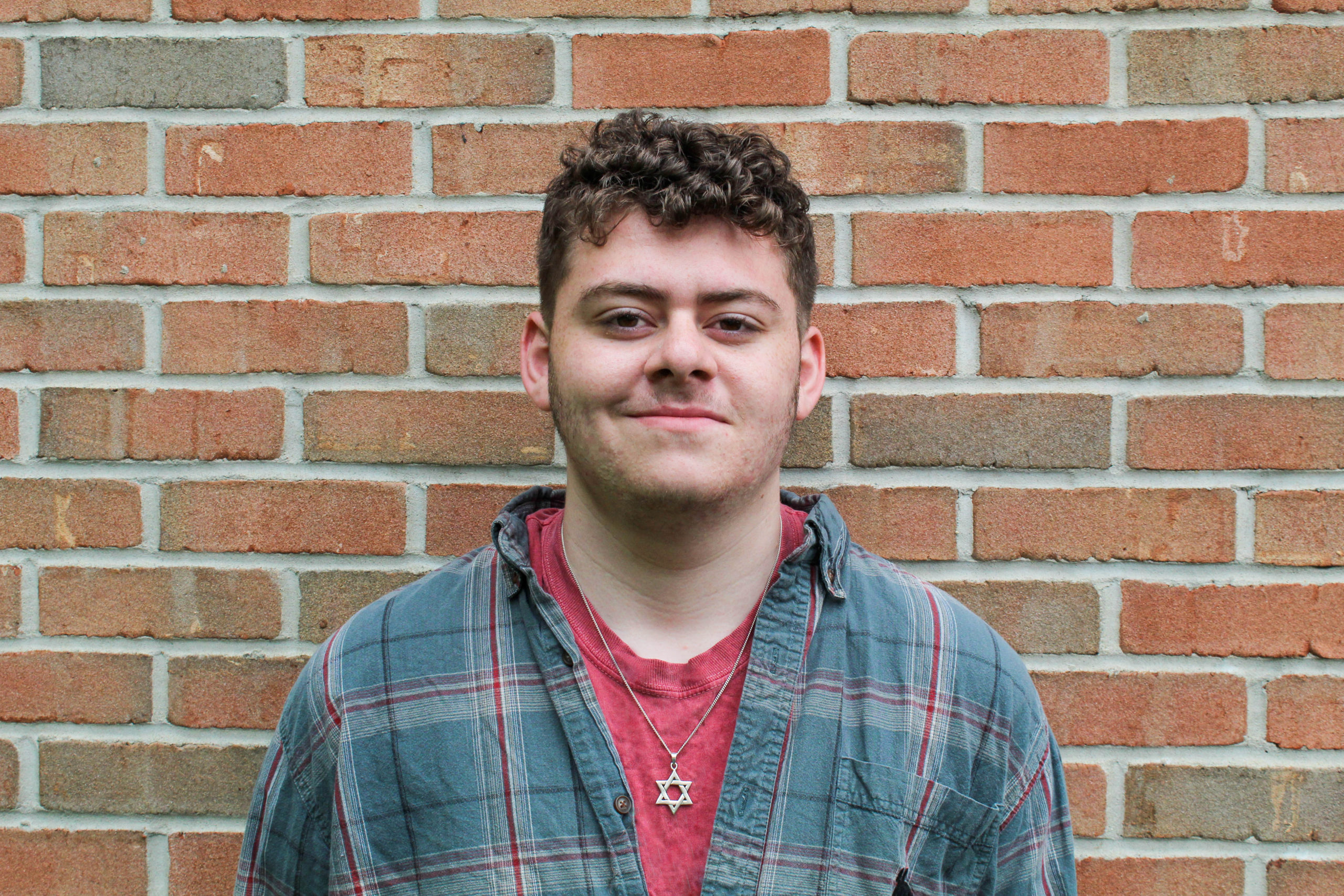
In a conversation with American Muslims for Palestine (AMP) on March 31st Omar Barghouti appears to have charged Jews as thieves, settler colonialists, racists, purveyors of apartheid, ethnic cleansers, supremacists, and murderers — or at least the 95 percent of American Jews who support Israel.
Barghouti is one of the leaders of the Boycott, Divestment, and Sanctions (BDS) movement. He swears that neither he nor his movement is antisemitic. But perhaps that is because he believes the very definition of antisemitism accepted by most Jews is fraudulent and a ploy to silence Palestinians.
Still, Barghouti’s line is one that we’ve heard many times before — “we don’t hate Jews,” just the rootless cosmopolitans, globalists, and international Zionists.
Dr. Martin Luther King, Jr. — a staunch supporter of Israel’s right to exist — condemned what he viewed as cowardly anti-Zionist doublespeak, once saying, “When people criticize Zionists, they mean Jews. You’re talking antisemitism.”
It’s ironic, then, that Barghouti would choose to open his latest essay entitled “Globalized Palestinian Resistance to Israeli Annexation and Apartheid” — the subject of the aforementioned AMP forum — with a quote about injustice from the American civil rights icon. But then, maybe it isn’t — because historical reinvention is the essence of anti-Zionism, an ugly myth supported by centuries-old tropes now repackaged as social justice.
Barghouti opened the virtual interview by explaining the BDS movement’s goals. The movement, he claimed, targets “complicity” and not “identity.”
But on American college campuses, that distinction is blurred. Believing in the core tenets of Zionism is inextricable to Jewish identity and security — “the strongest guarantee against another Holocaust [is Zionism],” Golda Meir once said.
The BDS movement leads to harassment on college campuses because of its explicit goal — to eliminate Israel.
Barghouti’s depiction of the conflict is a gross distortion that demonizes the Jewish state as tantamount to Apartheid South Africa and Jim Crow America.
On the academic side, BDS argues that Israeli universities are not just complicit in war crimes, but also in expunging Palestinians from history. In fact, historians affirm the indigeneity of the Jews, a nation with 4,000 years of ties to the land. Palestinian identity, on the other hand, largely splintered off from Pan-Arabism as a response to Zionism.
But it was largely Barghouti’s omissions that drove the conversation. He presented the Palestinians as “antiracist” and “progressive” innocent victims, relentlessly hunted by the bloodthirsty Israelis that want to dominate and kill them.
However, he made no mention of Palestinian terrorism — or payments that reward Palestinians for killing innocent Jews. He complained about school closures during the First Intifada, but didn’t explain that the Palestinian Liberation Organization (PLO) used the schools to inspire violence. Furthermore, he failed to mention that Hamas teaches its students the skills and hate necessary to murder Jews.
He ignored the Palestinian leadership’s complicity in the Holocaust and the nearly century-long effort to destroy — not boycott — the Jews of Israel. He never acknowledged that Palestinians have rejected every peace deal presented to them, and not because of “far-right” governments. They rejected, for example, a proposal for a two-state solution presented by then-US President Bill Clinton (which was endorsed by a left-wing Israeli government) in 2000, right before launching the Second Intifada, in which Israeli civilians were blown up on buses by antisemitic terrorist organizations sworn to Israel’s destruction.
Barghouti prided himself on saying that BDS is an intersectional movement, “part and parcel” of all other social justice movements. And maybe so. Such groups have been hostile to Israel — the Jew among nations — these past few years. In any case, to Barghouti, BDS is a movement for a people’s self-determination, resistance to colonialism, and restoration of a civilization brutally taken from them.
In reality, however, that’s the story of Zionism. But to Barghouti, the facts don’t matter.
Originally published in The Algemeiner.
Contributed by 2020-2021 University of Pittsburgh CAMERA Fellow Aidan Segal.

